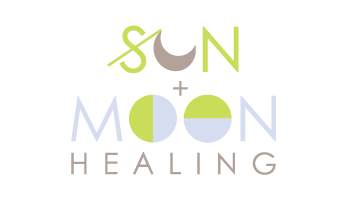Sometimes writing a blog post is hard. I want to say something meaningful and impactful. I want to offer something that is worth taking the time to read, that reflects what's simmering in the public arena, and though my heart and intellect constantly churn ideas, capturing one to bring to you is sometimes like trying to catch the wind on paper.
I recently taught a Pangu Yoga class themed around compassion and forgiveness. It was not the easiest task to deliver. Because how do we define compassion? What IS compassion? And how does it apply to us, specifically, today?
I believe compassion arises when we truly realize we are all equal and that we are ALL suffering. Let’s start there. Perhaps it is a deep empathy accompanied by a strong desire to alleviate the suffering, and the ability to see clearly into the nature of the suffering; to stand strong and also to recognize that I am not separate from this suffering; that it and I are the same; that we all carry a piece of each other's suffering in this grand interconnected collective web of humanity.
Did you know that scientific research has shown that compassion creates neurological integration? It stimulates the motor cortex, integrating all centers of the brain. That, to me, is astounding. So it gives us the desire truly to want to transform suffering, and to engage in activities that will transform suffering. Being compassionate doesn’t mean we have to take on anything. In fact, the more we cultivate compassion the more resilient we become, with an ability to return to baseline much faster.
However, there is another component to compassion that is truly essential: that we cannot be attached to the outcome. Being attached to the outcome would distort deeply our own capacity to be fully present to the whole catastrophe or situation.
SO, if compassion is so good for us why aren't we teaching it to our children, or health care professionals? Why isn't it a part of our educational curriculum?
For many people, even though compassion is one of the inherent qualities of being human, those seeds of compassion have not yet been watered and nourished. We need particular conditions in order for compassion to be activated. Our own suffering, our own hardships, are some of the conditions that ignite compassion, making us feel and say "yeah that happened to me, too, and I have your back", or "I deeply understand; how can I help or ease your pain?" And that kind of cultural progress can't be taken away from this world, no matter what.
There are stories we can't tell because we feel wrong, we feel shame, we feel embarrassed and we can't even admit them to ourselves. There are huge powerful reasons why people can't share or tell. And as we start to share, what's hidden becomes revealed, and the love and compassion we feel from another begins to transform the suffering into strength, a willingness to stand strong and to do something to change the world.
Forgiveness then happens naturally. I believe it is a result of compassion. It isn’t something we do, it’s something that arises from the inner cultivation and work we’ve done. It's something that then becomes effortless and, in some cases, isn't even needed. Just like the trees in Autumn, as we heal from the scratches, bruises and storms, we stand taller and broader, covered by less.
Love for the journey,
Anisha


